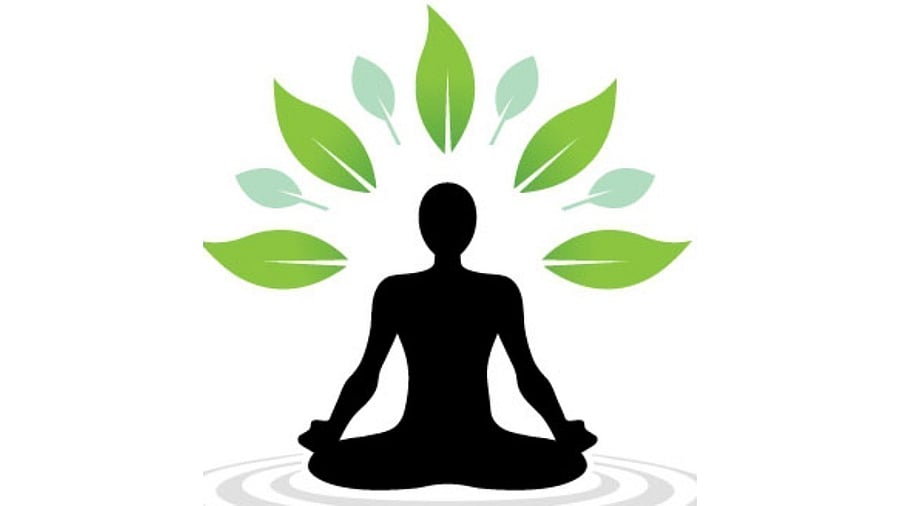
Oasis logo
In spiritual path, one of the subtlest obstacle is “I am the doer” attitude—Karthrithwa Bhava. Rooted in ego, it fuels inner conflict and suffering. So how do we transcend this sense of doership? There are two approaches.
The first is practical—controlling the ego through discipline, humility, and service. This can restrain the ego but doesn’t uproot it. The second, deeper approach is philosophical: to take the stance of the Supreme Self—the eternal witness. From this higher perspective, you are not the body, mind, or intellect, and thus not the doer of any action, perception, emotion, or thought.
The body perceives and acts, the mind feels, and the intellect thinks. Identifying with these functions leads to the belief that “I am doing.” When one tries to practice “I am not the doer” while still holding onto the ego, an inner conflict emerges. One part clings to experience; another tries to disown it. The stronger identity—usually the ego—wins. In moments of adversity, surrender may bring temporary relief. In troubling situations, practicing non-doership becomes a coping mechanism, but as long as the ego persists, the conflict continues. There is a general tendency to disregard everyone else’s contribution and recognise your role as important.
Most people aim for self-improvement, unaware that the ego itself is the fundamental flaw. Some even claim to be egoless, which ironically stems from the very ego itself. The real issue lies in identifying with the limited self. As long as this identification exists, non-doership cannot be authentically practiced.
For genuine non-doership to arise, one must have a clear and unwavering Goal of Perfection. Without this, philosophy remains theoretical, and life continues to feel personal and ego-bound. Practicing non-doership while clinging to the little self is like trying to be both guest and host—it creates confusion and conflict. Where there is strong attachment, non-doership is hard to apply. In emotionally neutral areas, it’s easier to step back, observe and practice, “I am not the doer.” Thus, ego control can prepare the ground—but from the highest standpoint, true spirituality begins only with ego’s dissolution. Transcendence not transfixation is the goal. Understand that through the medium of Self everything happens, but Self does nothing. Self is only a catalyst. One must move beyond self-improvement to ego-eradication, from control to inner freedom. Only then does “I am not the doer” stop being a belief—and become lived truth.